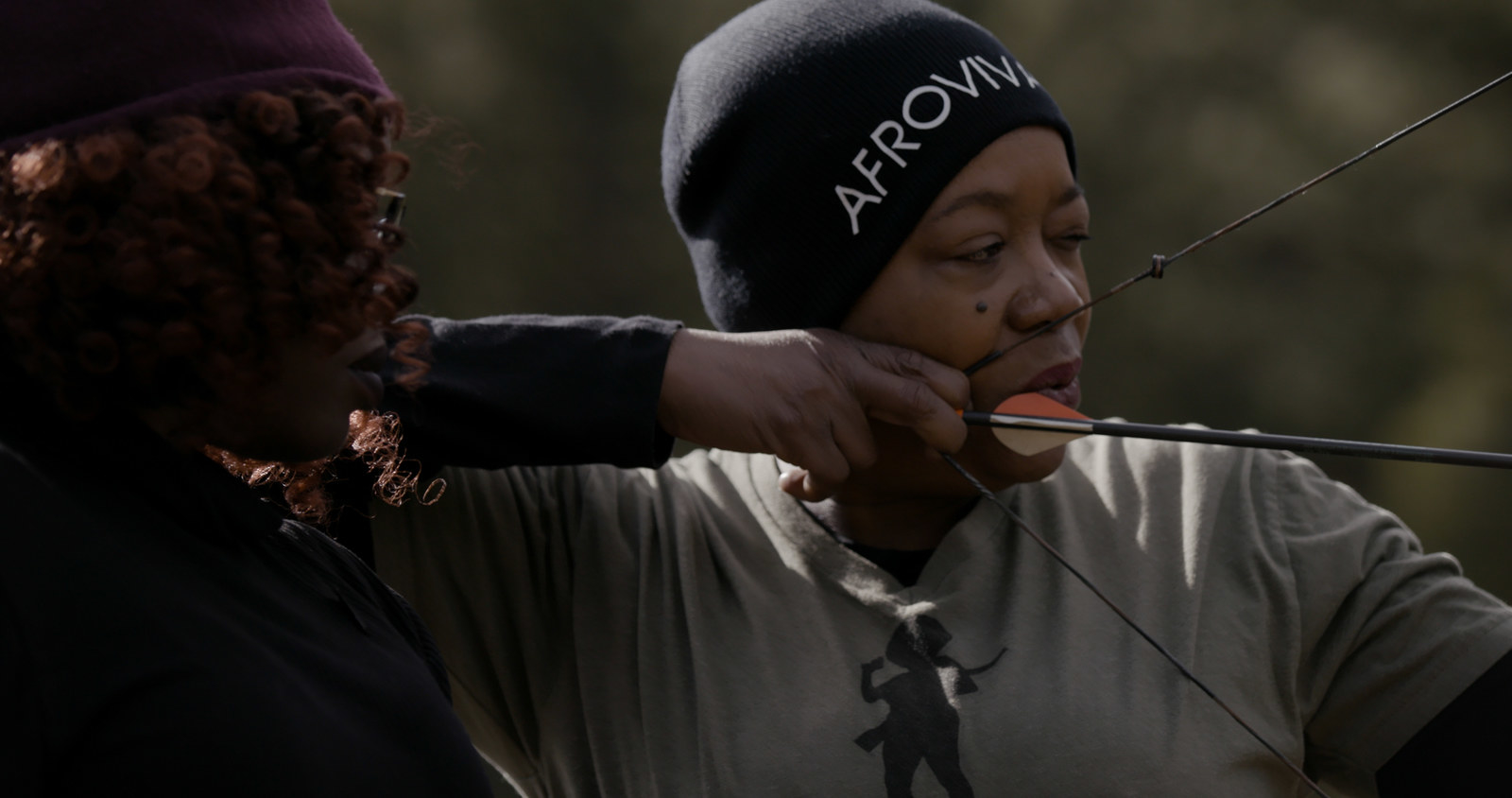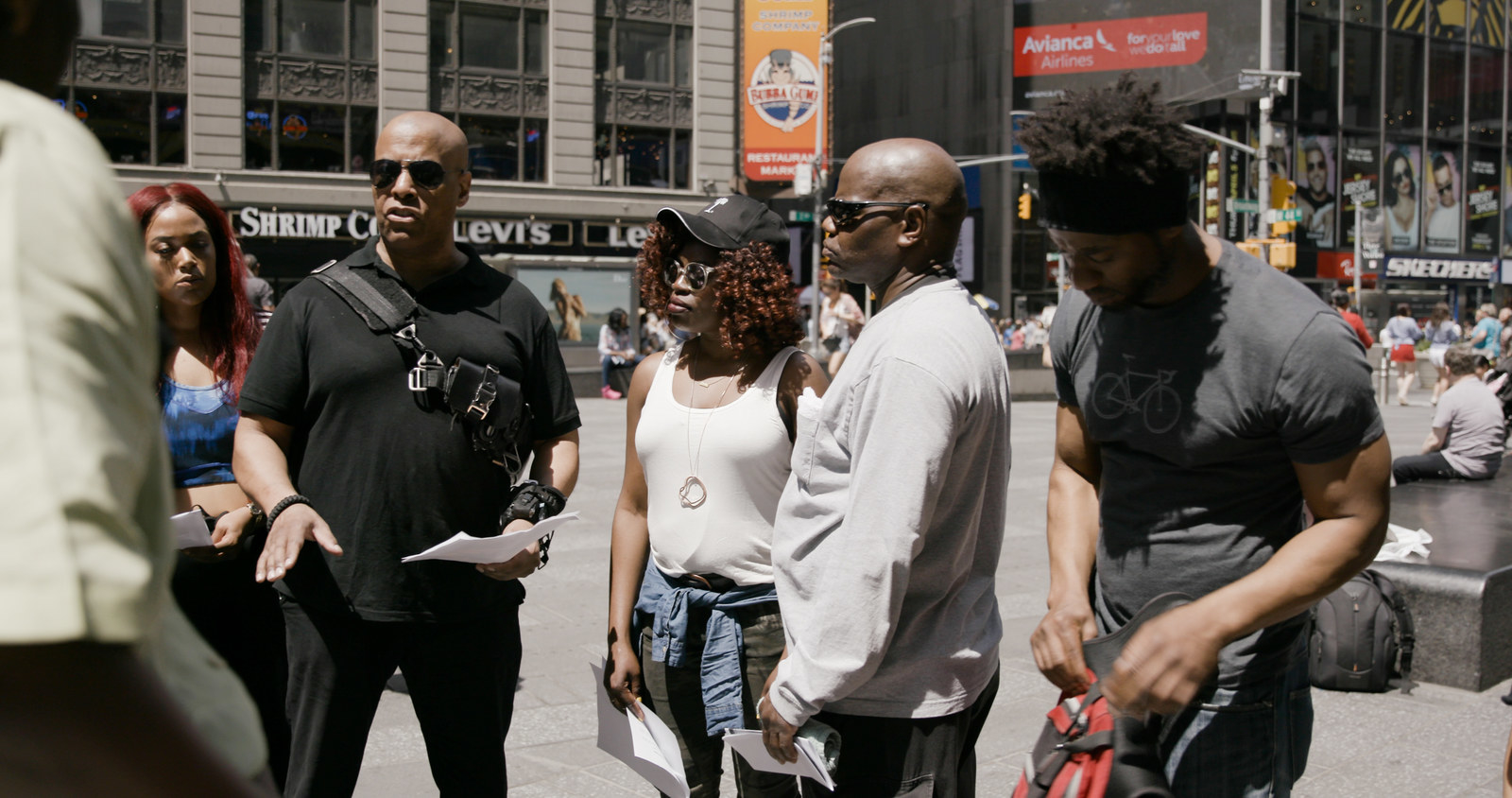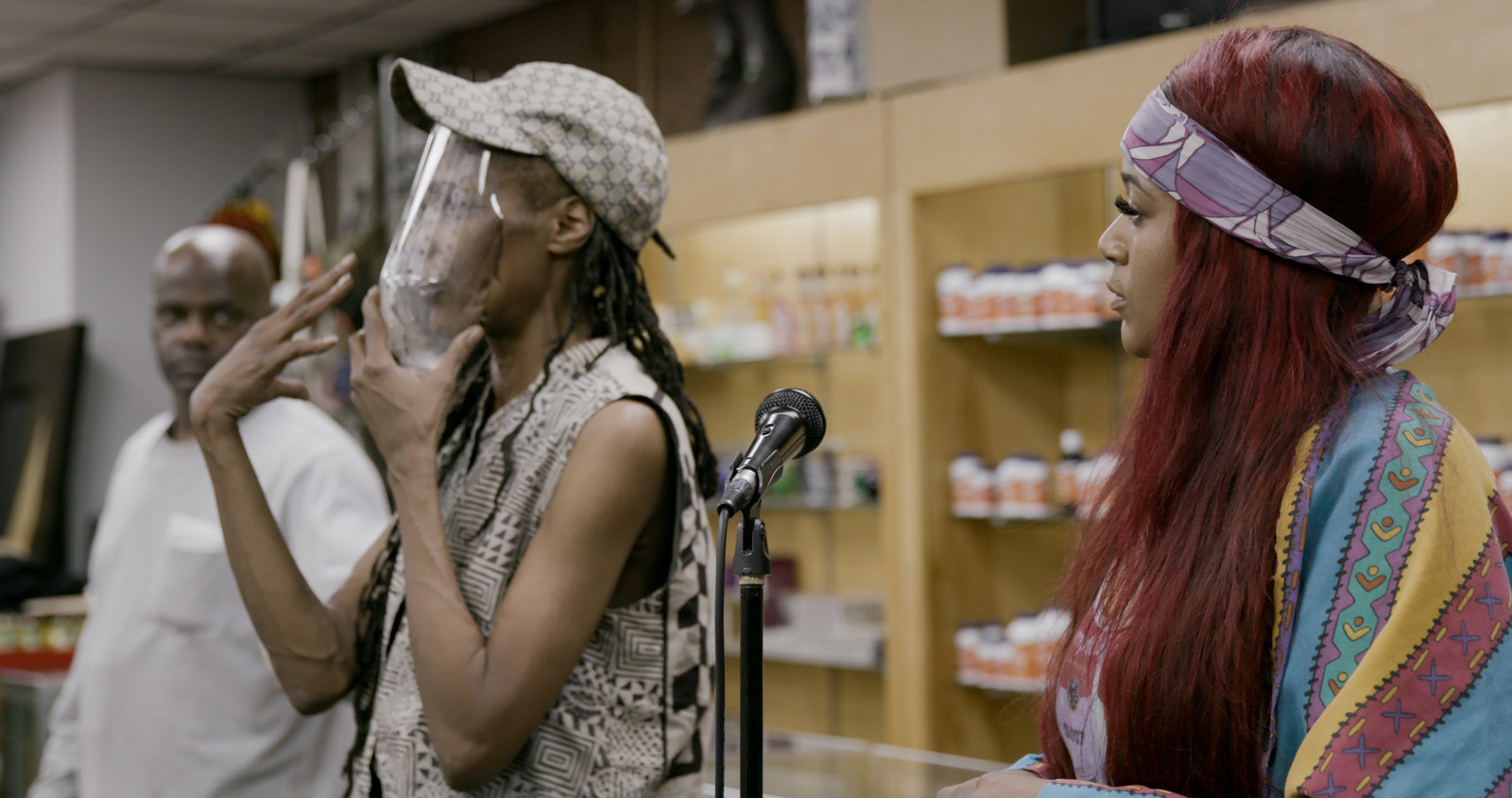I Tried To Keep Up With Black Survivalists Who Are Ready For Any Disaster
Here is Bim Adewunmi’s story and experience with Afrovivalist
 Netflix
Netflix
First things first — I am a city mouse through and through.
I was raised across England and Nigeria, and I learned early to depend upon the increasingly overloaded public transport systems of the world’s great cities to get me where I need to go. I cannot drive a car — I took two lessons with a patient instructor more than a decade ago, and came to the conclusion that it was safer for everyone if I steered clear of the roads. Soon, I will celebrate the 10-year anniversary of attempting to learn to ride a bicycle. I can barely stay afloat in water, let alone doggy-paddle or swim. I have inherited bad eyesight, am debilitatingly lactose intolerant, and while I am a good walker, if I were to put a figure on my fitness level, I would say I hover around the 38% mark. A fundamental part of me has always suspected that I would not get very far in a doomsday scenario.
So the idea of survivalism, specifically in the event of a terrible natural or human-made event, is one I have openly dismissed as a real possibility for my life as currently lived. It’s a dismissal rooted in reality, though — I am an average black woman who lives in New York City. Like a huge proportion of the black population in this country, I dwell in an urban sprawl. Much has been written (and filmed) about doomsday preppers, but the overwhelming bulk of the coverage is looking at white preppers. I was much more interested in talking to preppers who looked like me, and whose prepping was centered around that identity.
For more on this story, watch the new BuzzFeed News series Follow This on Netflix.
And as illustrated in cases from New Orleans to Puerto Rico, in the event of a disaster, the government has not historically done well when it comes to serving communities of color, low-income communities, and the places where those two intersect. “George Bush doesn’t care about black people,” a fundamentally different Kanye West said back in 2005 after Hurricane Katrina, and looking at the scenes on TV thereafter, it was hard to dismiss the comment. Only last month, the authorities in Puerto Rico finally raised the official Hurricane Maria death toll from 64 to 2,975 after an independent study. (The official Katrina figure was 1,833.) Earlier, in July, the Federal Emergency Management Agency admitted its response to Maria had been inadequate. In Michigan, the city of Flint’s pipes have not yet been fully replaced after more than four years of the water crisis.
If I did survive, it would only introduce more and different questions. How would I go about maintaining my life — and the lives of others in my care and community — to a satisfactory level? Could I, for example, seek and find suitable shelter? Could I identify food sources? And, crucially, how would I defend and safeguard whatever meager provisions I managed to acquire? I was pretty sure the answer to these questions for me was a variation of “try to die quietly, please,” but I knew other people were asking these same questions, and a lot more besides — and were coming up with all sorts of answers.
 Netflix
Netflix
I needn’t have worried too much. The Afrovivalist is a self-contained prepping industry: She had her bug-out van, a smaller bug-out bag (generously, she prepared one for me), and all the gear required (knives, guns, bow and arrows) to hunt for her own food and purify her water. From her I learned to fire a bow and arrow (I hit paper the very first time, and failed woefully almost every time thereafter), and learned that sanitary towels also make excellent wound bandages because of their famed absorbency. I thought of Tiffany Haddish’s famous catchphrase: She ready.
When I asked Afrovivalist, after a sadly fruitless early morning attempt at turkey hunting in the woods, why she was a prepper, a beatific smile crossed her face and she said it gave her a sense of peace to know that she would be OK if it all went to hell. “I sleep good at night,” she said. I only smile like that when I am in a city, and food I didn’t cook is winging its way to me. And so I returned to the more familiar city and met two different kinds of black survivalists.
 Netflix
Netflix
In the middle of New York City, I followed Aton Edwards and a group of trainees on a disaster training drill. These trainees will return to their “vulnerable” communities and train more people, “to train them to respond to these catastrophes, as if the government does not exist.” It’s a stark and effective way of describing what has been proved as the status quo — as history suggests, the government will likely not be coming when SHTF.

Netflix


Keep up the good work sister.
Thank you!
What a great article I’m a Pastor an ex-military plus a man of color. Please continue to communicate with our people perhaps more will catch on.
Thank you! I will do my best.